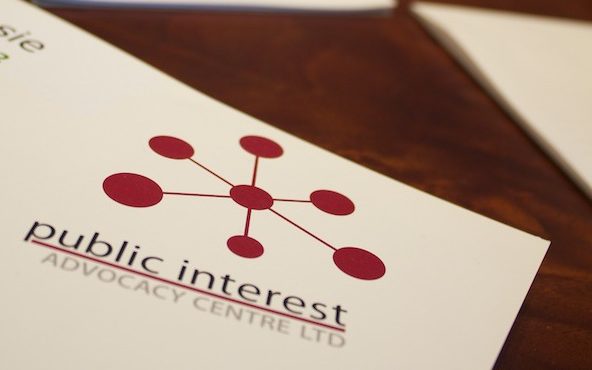
More work needs to be done to support people living with mental illness to sustain social housing tenancies, as for many, especially those relying on Centrelink payments, the only alternative is life on the streets.
This is the key message of a research paper, Skating on Thin Ice, released today by the Public Interest Advocacy Centre (PIAC) during Mental Health Month. The paper explores the difficulties people with mental illness face accessing and maintaining social housing.
‘For some people living with mental illness, lack of money, stigma and discrimination from private landlords and real estate agents prove to be insurmountable obstacles to renting privately. This means that access to social housing is the only option for safe, secure accommodation,’ said Lou Schetzer, Senior Policy Officer at PIAC.
‘The prevalence of mental illness among homeless people in Sydney is about four times that of Australia in general. If we are serious about tackling homelessness, we need to address this issue,’ said Mr Schetzer.
The paper incudes case studies from PIAC’s Homeless Persons’ Legal Service. It includes the story a 57 year old woman with mental illness, who was a victim of child abuse. She received a notice of termination from Housing NSW in relation to her home of 18 years because of an error in Centrelink payments to Housing NSW. Then despite the negotiation of a payment plan, Housing commenced eviction proceedings.
‘Some of the case studies show a surprising lack of understanding of the challenges faced by people living with mental illness on the part of Housing NSW,’ Mr Schetzer said.
PIAC and its homelessness consumer advisory committee, StreetCare, have commenced discussions with senior officials in Housing NSW to discuss possible strategies to improve service to this vulnerable group.
MEDIA CONTACT: PIAC Senior Media and Communications Officer, Gemma Pearce: 0478 739 280.


